How we think ahead
Dear readers,
The year 2018 has shown us once again the huge challenges in store for society and the economy. The battle against climate change is well underway but we have yet to win it. We should not miss the opportunities presented by digitalisation either. The pace of change demands that we quickly find practical solutions to secure Germany as a prime location of the future. But we must also look at the bigger picture. Our most sustainable means of addressing the causes of migration is by giving our neighbouring continent Africa prospects for the future.
KfW's role as a promotional bank is to focus on issues of particular relevance for the future. Promotion in the past year therefore focussed on innovation and digitalisation in Germany, as well as on the sustainable improvement of living conditions in Africa and other partner countries of our Financial Cooperation.
Promotional year 2018 was positive and successful. KfW released a total volume of funding of EUR 75.5 billion (2017: EUR 76.5 billion), with a slight shift in our activities from domestic to international financing. Given the strong economic performance and the sustained positive financing environment for private and commercial investors in Germany, KfW decreased its domestic promotion of commercial, private and public-sector investors to EUR 46.0 billion from EUR 51.8 billion in 2017.
International business volume increased by 20% to EUR 28.3 billion (2017: EUR 23.5 billion). As German exports rose by another 3%, commitments in our export and project finance business increased as well, in concrete terms by 29% to EUR 17.7 billion (2017: EUR 13.8 billion). Financial Cooperation continued its structural growth trend. In 2018, KfW Development Bank provided around EUR 8.7 billion in financing to developing countries and emerging economies on behalf of the German Federal Government (2017: EUR 8.2 billion). Around 58% was earmarked for climate change mitigation and environmental protection projects. Nearly 13% of new commitments are allocated for directly supporting refugees in developing countries. Development projects in Africa and the Middle East are financed with nearly 48% of all new commitments; 71% of the German Federal Government's budget funds were channelled to this region. DEG commitments in 2018 reached a record level of around EUR 1.9 billion for investments of private companies in developing countries and emerging economies (2017: EUR 1.6 billion).
As in the preceding years, KfW focused its promotional activities on qualitative targets such as supporting climate and environmental protection in 2018. “Green finance” projects received 40% of financing (2017: 43%). KfW also consequently continues to foster sustainability on the capital market, for example, through its increased involvement in the green bond sector or the even stricter orientation of its sustainable investment approach in its liquidity portfolio.
With issues of EUR 1.6 billion in 2018, the outstanding volume of “Green Bonds – Made by KfW” rose to a total of EUR 14.5 billion. In order to fund its promotional business, KfW raised funds of EUR 76.1 billion on the international capital markets in 2018.
As in the previous year, the Financial markets business sector invested a total of around EUR 1.5 billion in the promotional business via the capital markets in 2018. Around EUR 1.1 billion of this total was used in securitisation transactions to promote SMEs. KfW supported climate change mitigation and environmental protection by investing EUR 0.4 billion in green bonds.
Just as important as “green finance” for KfW is support for small and medium-sized enterprises in investment finance. Overall, the ratio of KfW financing related to SMEs in Germany was 41% (2017: 44%).
Annual result 2018
With a consolidated profit of EUR 1.6 billion, KfW's earnings position developed very well overall in 2018, significantly exceeding expectations. The operating result before valuation (before promotional expense) however, declined to EUR 1.4 billion due to falling interest income and rising administrative costs (2017: EUR 1.7 billion).
The valuation result was up on the previous year due to the low net risk provisioning charge and a positive contribution from the equity investment portfolio. This result was reinforced also due to the positive IFRS-induced effects from hedging and income from deferred taxes. KfW’s domestic promotional expense, which had a negative impact on KfW Group’s earnings position, remained below expectations at EUR 216 million (2017: EUR 213 million) in the continuing low interest rate environment.
Consolidated total assets rose by EUR 13.6 billion to EUR 485.8 billion in 2018 (2017: EUR 472.2 billion). This increase was particularly attributable to an increase of EUR 7.9 billion in net loans and advances and an increase of EUR 2.3 billion in liquidity held.
Outlook 2019
We have strategically defined three key future issues for the years ahead: sustainability, digitalisation and Africa.
Sustainability
The focus on sustainability has always been one of KfW's key features – in business, in its operations and as an employer. KfW takes account of the highest environmental and social standards in its financing, not least to set an example for the market. KfW acknowledges its responsibility for social issues and the environment, and is in intensive dialogue with its stakeholders in this regard. But we want to go further and assume a pioneering role in the market.
To this end, we have made sustainability a core component of our corporate strategy and integrated sustainability ratings as one of our strategic objectives. We have launched the “Sustainable Finance Roadmap” project in order to manage our business in line with the Paris Agreement on climate change and the Sustainable Development Goals (SDGs) and to take account of ESG and climate risks in our risk management. Our aim is to implement this comprehensive multi-dimensional project by 2020.
Digitalisation
As a promotional bank, we see digitalisation as an opportunity and aim to provide support and help shape digitalisation in the economy and society. We are therefore gradually adapting our promotional offering to its requirements. We see supporting SMEs in digitalisation as a core issue in this process. Moreover, we want to participate in expanding the digital infrastructure. At an international level, digitalisation is considered a factor facilitating achievement of the SDGs. Therefore we also want to focus on the expansion of blockchain technology, for example. The first pilot projects are underway in the Financial Cooperation. At the same time, however, we are pushing ahead with digitalisation at KfW. KfW, like other companies, must also undergo a digital reorientation. At the heart of our digitalisation process are projects such as digitalising application and work processes to improve our client focus and efficiency, as well as establishing agile working methods.
Africa
Our neighbouring continent faces major challenges. Its population is set to double by 2050, and the investment gap is estimated to reach USD 3.3 trillion by 2040. Efforts to mitigate climate change and achieve the two-degree climate target are most important in Africa. Although reducing poverty remains a major task, Africa also offers great opportunities with its expanding middle class and high potential for economic development. On behalf of the German Federal Government, KfW is committed to ensuring new prospects for the continent. KfW set a new record of EUR 4 billion in new commitments for Africa last year. Our Africa portfolio therefore already totals EUR 18 billion.
We will support the German Federal Government in its Africa initiatives in the years ahead – such as improving the general framework for private investments and promoting countries with ambitious reform agendas. Moreover, we will provide additional growth capital in Africa through the Africa Grow development investment fund. We will continue to develop the reform partnerships with African countries and drive the “training and employment special initiative”. In this way we are promoting stable development and partnership and addressing challenges and opportunities.
Regulation
KfW has launched a modernisation programme to ensure its long-term promotional capacity. In addition to digitalisation, this also includes implementing bank supervision regulations. In so doing, KfW pursues a holistic management approach in order to be able to comprehensively identify and assess effects of current and new regulatory projects. We made major advances in our “Regulation Roadmap” in 2018.
KfW continued to demonstrate in 2018 the important role it assumes for environmental protection, business and society as a modern, efficient and customer-oriented promotional bank. It has made sustainable promotion its strategic objective and helps to ensure that the challenges of our time can be mastered successfully, while strictly adhering to the subsidiarity principle. KfW takes responsibility as a reliable partner – in Germany, Europe and around the world. This strength is also due above all to the bank's staff, whom we as the management team would like to thank very much for their dedication and passionate commitment.
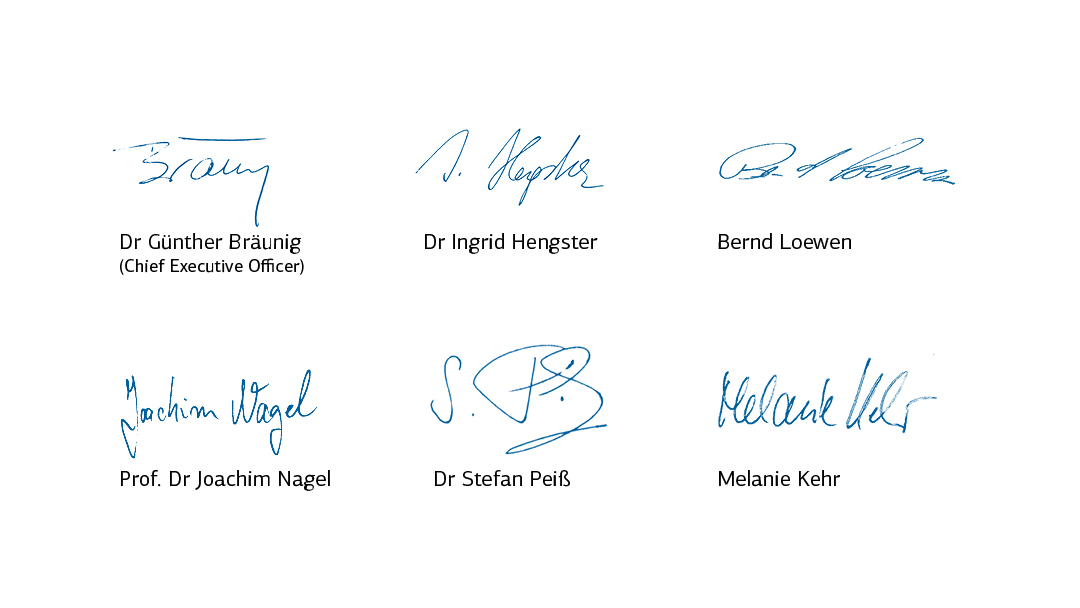
Legal notice:
The information contained in this online Annual Report 2018 is based on KfW’s Financial Report 2018, which you can download here. Should this online Annual Report 2018, despite the great care taken in preparation of its content, contain any contradictions or errors compared to the Financial Report, the KfW Financial Report 2018 takes priority.

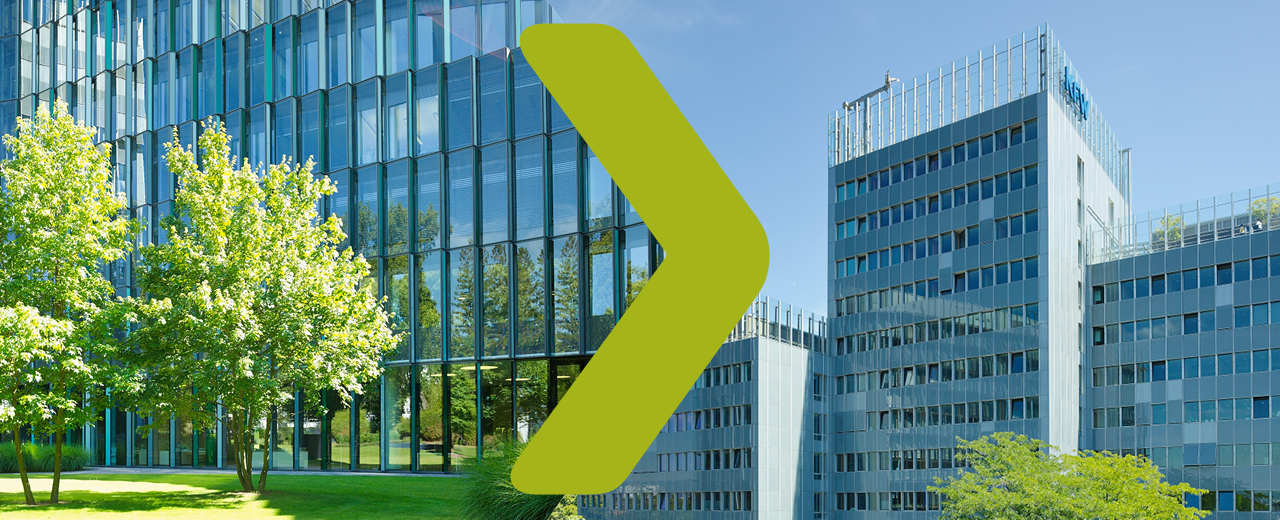
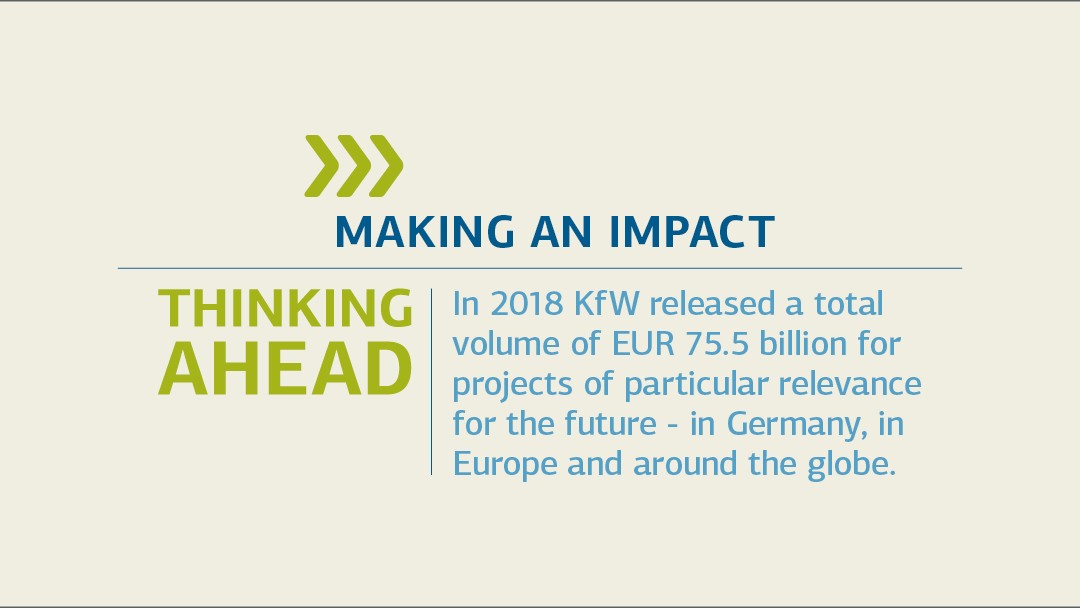
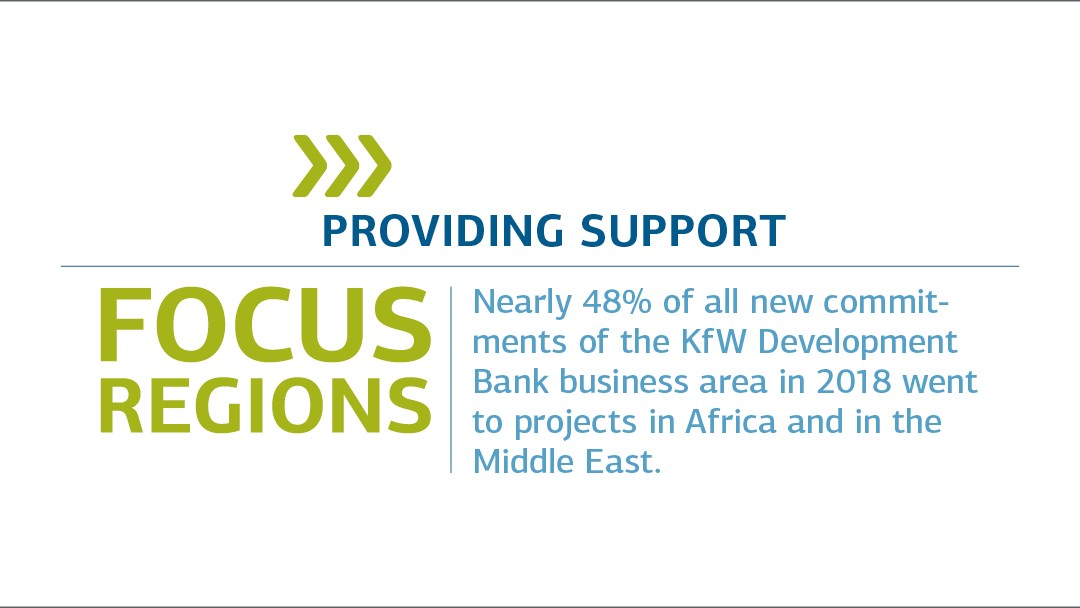
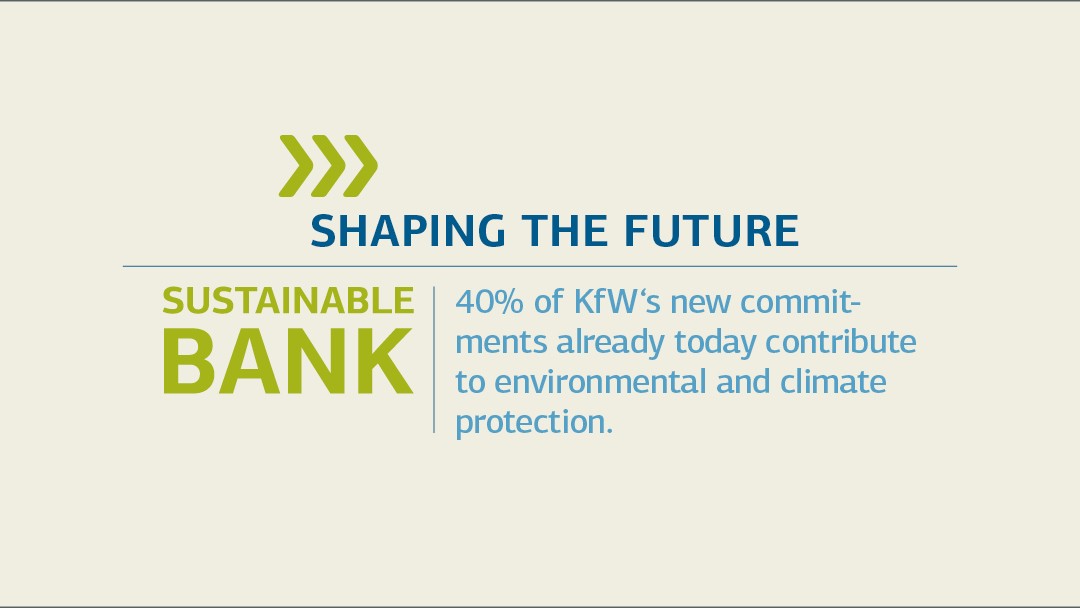
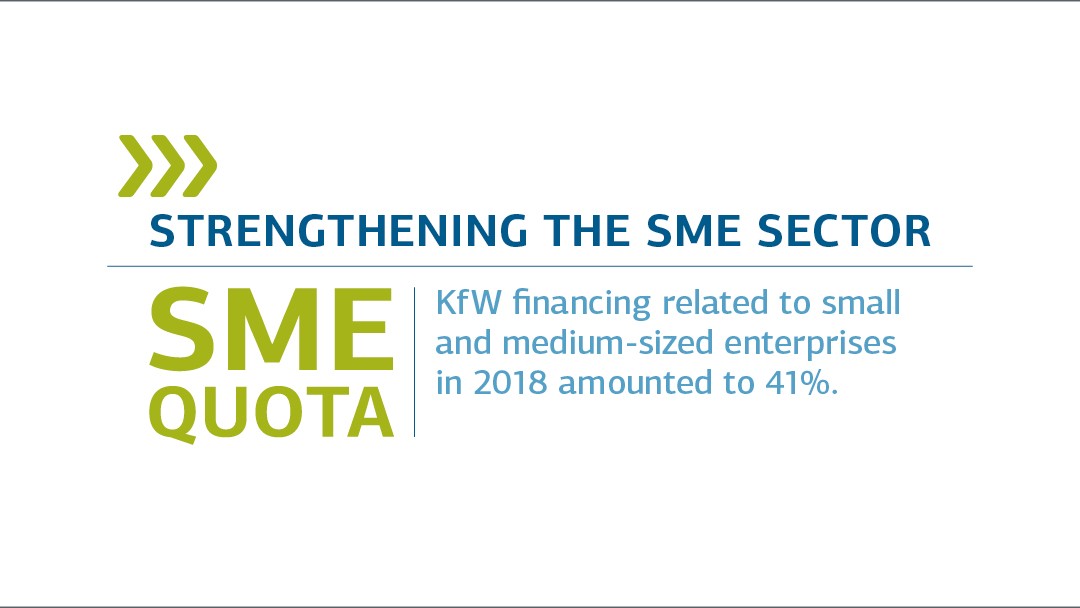
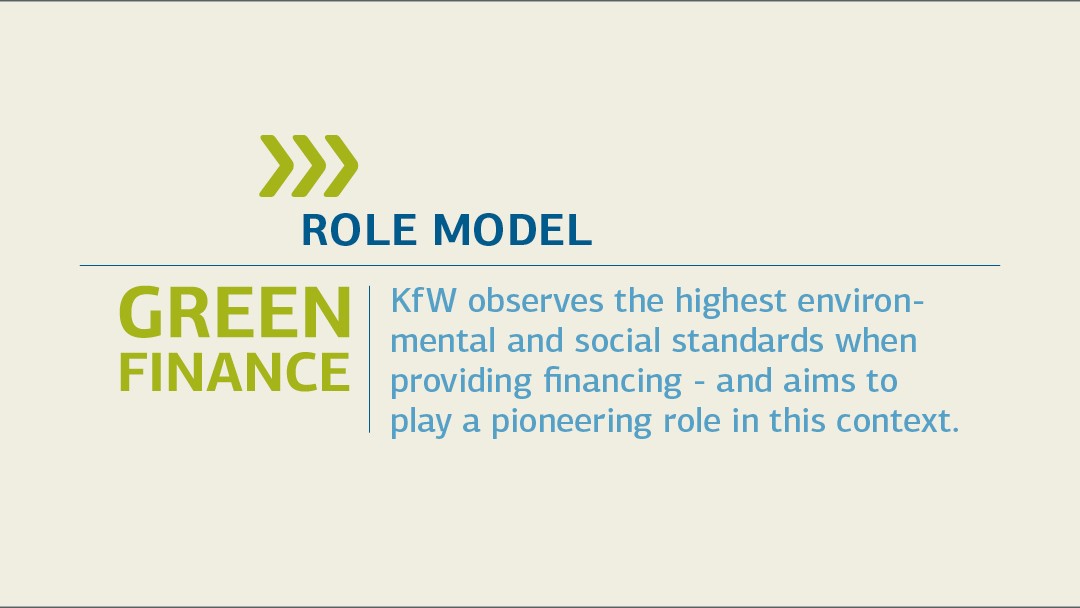
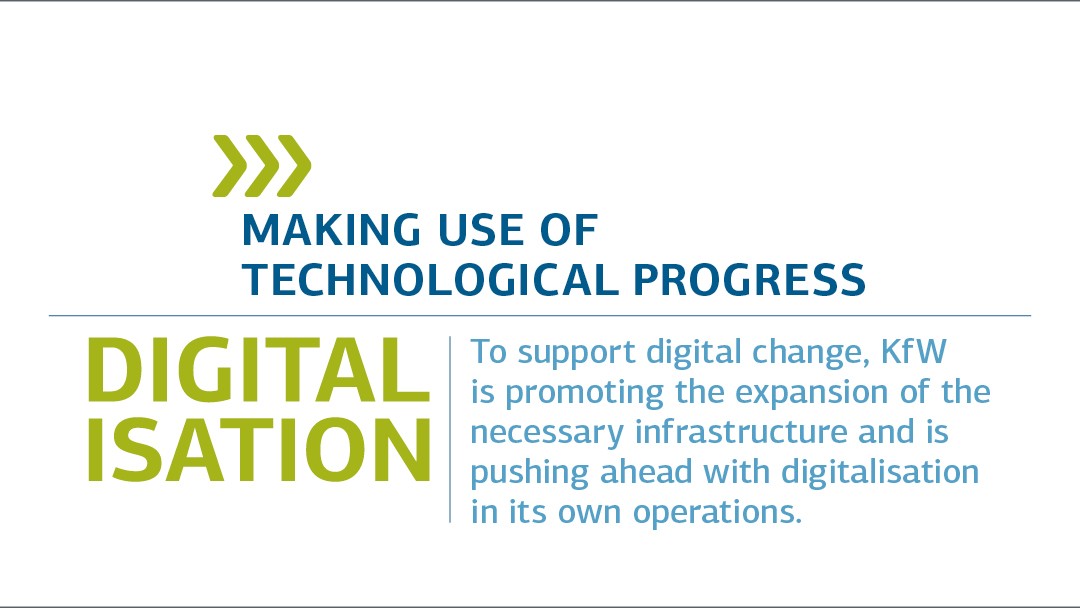
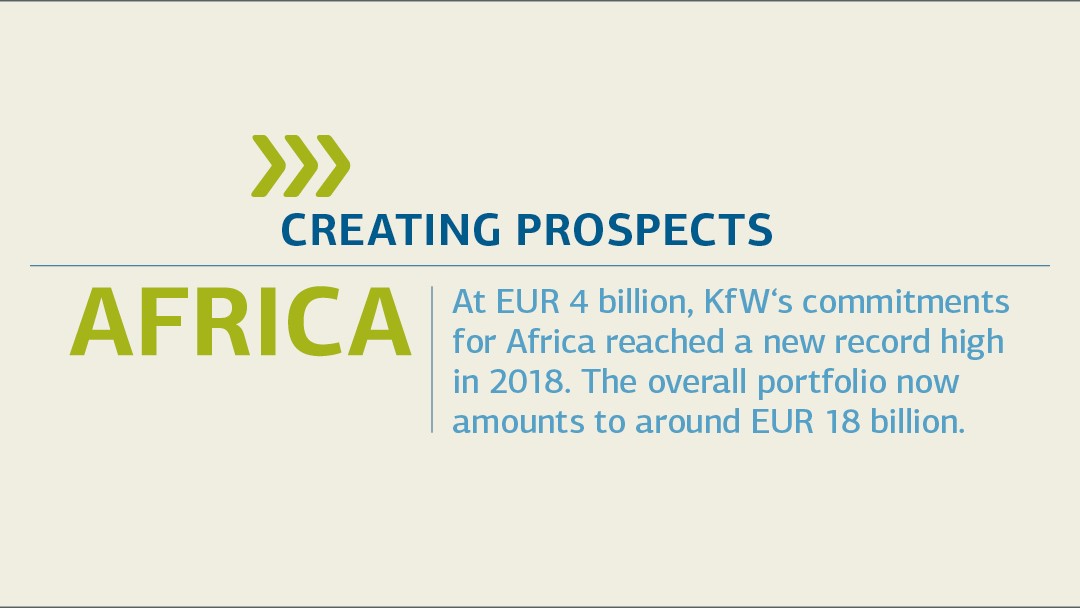
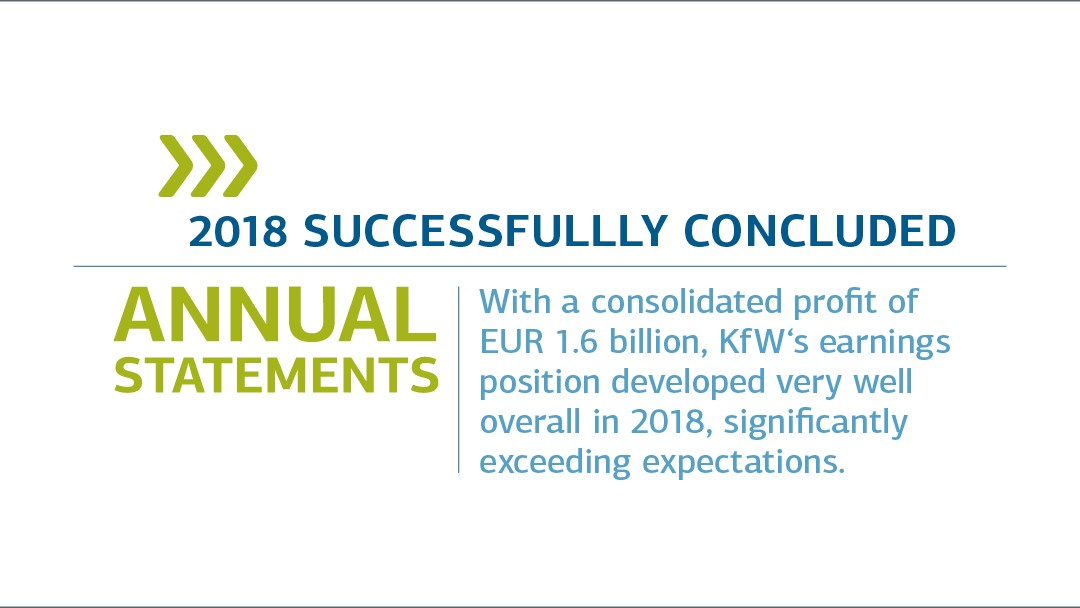
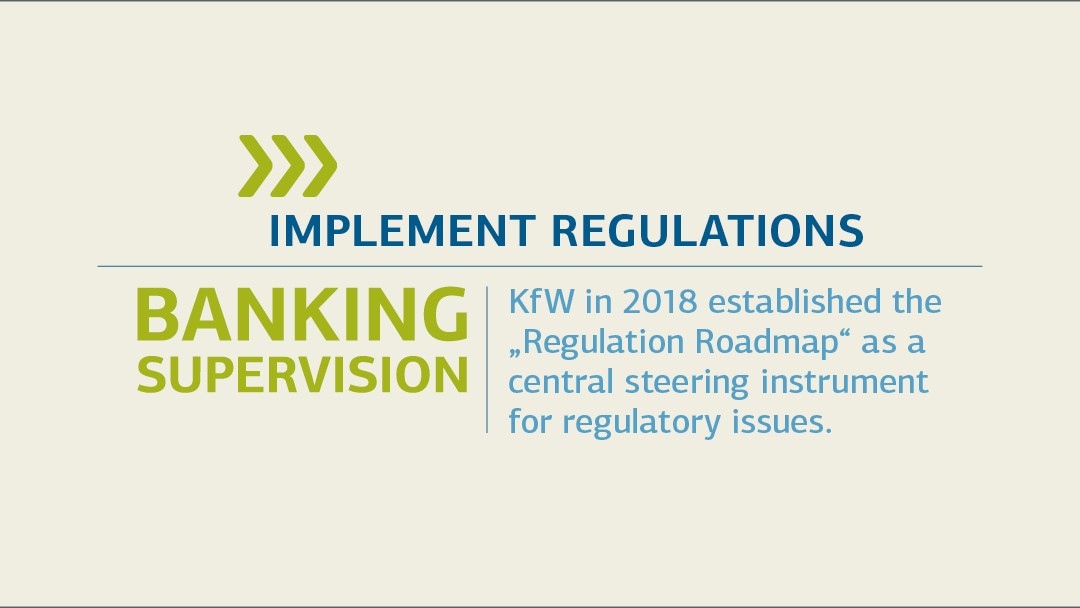






Share page
To share the content of this page with your network, click on one of the icons below.
Note on data protection: When you share content, your personal data is transferred to the selected network.
Data protection
Alternatively, you can also copy the short link: https://www.kfw.de/s/enkBcG89
Copy link Link copied